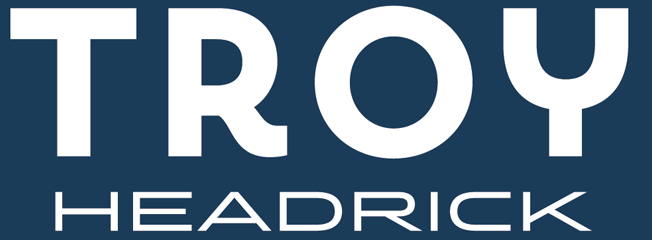Bill H.311 — An act relating to University of Vermont and residential living space.
I’ve spent the past few weeks informing our district that I would introduce a bill with the intent of holding the University of Vermont accountable for playing a deliberate role in addressing the Burlington Housing Crisis. That bill now has a reference number (H.311) and has been assigned to the House Committee on Education.
While I’ve been hesitant to initiate legislative action on this issue that should most certainly be resolved between the City of Burlington and UVM, I worry that the University administration has provided consistent indicators that it remains unwilling to bargain that resolution in good faith. When all possible attempts arrive at gridlock, it becomes important to consider all possible tools that might be available to us to keep the conversation going. This is my attempt.
As I see it, here is the primary concern:
UVM’s Enrollment has increased by 813 students since completing the Central Campus Residence Hall. This is the continuation of a very familiar cycle. UVM builds new housing, then fills that housing beyond capacity within 5 years, and then seeks approval to build more housing to relieve the capacity issues. Meanwhile, 30% of UVM on-campus students are told to anticipate being housed in “forced triples” – a scenario where three students are assigned to a room that has historically been a double room.
Enrollment increased by 245 students in the past year alone. These students will lock into leases as early as August of this year for June 2024 housing. If each student lives with three others, that’s an additional 61 housing units needed since last year and an additional 203 units needed since 2017. This is not sustainable.
H.311 proposes that we apply a brake to UVM’s enrollment increases according to the following measures:
- UVM must cap enrollment at its current level until the Burlington rental vacancy rate rises to a more healthy 5%.
- UVM must guarantee all on-campus students a minimum square footage of living space more in line with Burlington’s zoning requirements.
- Any new UVM residential housing must first be used to relieve the overcrowded conditions by de-tripling residential students.
- UVM must utilize any rooms that do not meet the square footage minimum to accommodate students with documented medical need for a single room.
I do not know how many of my fellow legislators would answer the question about whether or not this would be considered legislative overreach. Even the Burlington legislators are not in consensus about this approach. Of the 11 Burlington Representatives, 5 of us have signed on as co-sponsors.
If you feel this bill aligns with solutions you think are reasonable, please consider reaching out to the Chair of the House Committee on Education urging him to allow me the opportunity to introduce this bill on the record. At the very least, this would allow me to define the problem to a larger audience. It is not at all inappropriate to contact any of the committee members with the same request. You will note that we have Representatives from Burlington and Chittenden County on that committee. Please be respectful as you tell your story about why you think it is important for UVM to come to the table. We get a lot of emails. Mention the bill number in the subject line, identify yourself as a Burlington constituent, and tell your honest story. If you are a UVM student, discuss the impact you have felt as you’ve lived on campus and, if relevant, what you experienced as you transitioned off campus. If you happen to be a UVM staff member, talk about the impact our increased enrollment has had on your ability to serve students.
As always, please do not hesitate to contact me with any questions, concerns, or continued dialogue. I’ve already begun conversations with many of you and feel it is important to note that this issue seems to resonate with all demographics of our district – long time residents and students alike.
